At present, China’s new energy vehicles are popular in the Latin American market. The “Global Electric Vehicle Outlook 2025” report released by the International Energy Agency recently mentioned that emerging markets such as Asia and South America have become the growth centers of electric vehicle sales, and the total sales in 2024 will increase by more than 60% year-on-year. According to the latest data released by the Latin American Automobile Dealers Association, the sales of electric vehicles in Latin America in 2024 will be 412,493 units, of which the sales of pure electric vehicles will increase by 139.3%, and the sales of plug-in hybrid vehicles will increase by 156.1%. 51% of the new cars sold are Chinese brands, and almost all electric buses are from China.
Currently, China-Latin America cooperation is moving towards the diversification of trade and investment structure, and the new energy vehicle industry has become an important growth point for China and Latin America to expand economic and trade cooperation. With a complete industrial chain, reliable product quality and technological innovation, China’s new energy vehicles have gradually gained a foothold in the Latin American automobile market. This is a microcosm of the deepening of China-Latin America economic and trade cooperation, which will help Latin America’s green and low-carbon transformation.
Chinese brand recognition is increasing year by year
In a Chery new energy vehicle showroom in the Baja area of Rio de Janeiro, Brazil, customers are endless. Perez, a local resident, told reporters that he decided to buy a Chery new energy vehicle. “I chose Chery mainly because it is cost-effective and has good energy-saving and environmental protection performance. Chinese new energy vehicles are of reliable quality and now also provide charging pile installation services, which is very convenient.”
As the largest automobile market in Latin America and the sixth largest automobile market in the world, Brazil’s new energy vehicle sales have shown a rapid growth trend in recent years. According to data from the Brazilian Electric Vehicle Association, in the first half of 2024, sales of Chinese brand new energy vehicles accounted for 91.4% of the total new energy vehicles imported by Brazil, with sales of US$1.2 billion.
Latin American countries such as Mexico and Costa Rica have also increased their recognition of Chinese new energy vehicles year by year. According to data released by the Mexican Statistics Bureau and the Automobile Circulation Enterprise Association in January this year, Chinese auto brands such as JAC and Geely will sell 129,329 vehicles in Mexico in 2024, a year-on-year increase of 63%, with a market share of 19.5%. The latest report of the Latin American Energy Organization shows that Costa Rica has the largest number of electric vehicles per capita in Latin America, with 34.3 electric vehicles per 10,000 people. Among the country’s “10 best-selling electric vehicle models” list, 6 are Chinese brands.
Bloomberg New Energy Finance analyzed that the accelerated popularization of new energy vehicles in Latin America has benefited from the introduction of relevant tax incentives, the continuous improvement of charging infrastructure, and the enhancement of consumers’ environmental awareness. It is predicted that by 2028, new energy vehicles in Latin America will account for 10%-20% of the sales of new passenger cars. ECLAC economist Herreros is very optimistic about the sales prospects of China’s new energy vehicles. “China’s new energy vehicles provide Latin American consumers with a variety of models to choose from, with high overall cost-effectiveness, perfect after-sales service, and the brand is increasingly popular, with huge sales growth potential.”
Boosting the electrification transformation of public transportation systems
In recent years, more and more people in Latin American countries have taken Chinese-branded electric buses. It is estimated that there are currently more than 6,000 electric buses in Latin American countries, including BYD, Yutong Bus, Zhongtong Bus, Beiqi Foton and other Chinese brands.
At the end of 2021, the city of São José dos Campos in São Paulo State, Brazil, opened the “Green Line”, the first pure electric bus line in Brazil. The green slogan “100% electric” is prominently posted on the window of each bus. These buses are from the Chinese brand BYD. BYD cooperates with the São José dos Campos Municipal Government to produce 12 buses for the “Green Line”.
In Santiago, the capital of Chile, Chinese-branded electric buses have been operated on a large scale, providing the city with low-carbon, environmentally friendly, efficient and convenient public transportation solutions.
In major cities such as Bogota and Medellin in Colombia, Chinese-branded electric taxis are rapidly gaining popularity. Lopez, the former mayor of Bogota, said that the city has put into operation thousands of Chinese-made electric buses, which can reduce nearly 100,000 tons of carbon dioxide emissions each year and promote the green transformation of urban transportation.
BYD Auto announced in 2024 that it has successfully delivered 100 pure electric buses to Uruguay’s largest electric bus operator. The electric bus is 12 meters long and combines environmental protection, energy saving, intelligence, and comfort. It is a model specially customized by BYD for the Uruguayan market. Uruguay looks forward to deepening cooperation with BYD and accelerating the process of comprehensive electrification of the public transportation system.
Diego Mendoza, Secretary General of the Chilean National Automobile Association, believes that Latin American countries have become an important market for China’s electric bus exports. Chinese electric buses are safe and comfortable to ride, making important contributions to the modernization of transportation and public commuting in Latin America, and contributing to carbon reduction solutions for the local logistics industry.
Localization strategy promotes win-win cooperation
Industry insiders believe that Chinese automakers attach great importance to localized production cooperation, actively promote industrial technological innovation, and help the local new energy vehicle industry to develop win-win, which is also an important reason for China’s new energy vehicles to accelerate their entry into the Latin American market.
In October 2024, Great Wall Motors announced that it would build its first factory in Sao Paulo, Brazil, which is expected to be put into production in July 2025. Shi Qingke, President of Great Wall International, introduced that the factory will promote the sustainable development of Brazil’s new energy industry, while driving local employment growth and economic prosperity, and provide users with a greener and more convenient travel experience. In the future, Great Wall Motor will work with local Brazilian institutions to develop training plans, cultivate local technical talents, and gradually transfer the parts production process currently carried out in China to Sao Paulo. The company’s goal is to achieve a 60% localization ratio of auto parts manufacturing in Brazil within three years and export it to other Latin American countries.
In August 2024, MG Motor, a subsidiary of SAIC Group, said it plans to build a manufacturing plant and a research and development center in Mexico to make Mexico a market hub in Latin America. Zhang Wei, head of MG Motor Mexico, said the plant will radiate the entire Latin American market.
By the end of 2024, BYD’s sales of electric and hybrid vehicles in Mexico reached 40,000 units, with 50 local dealers. BYD’s goal is to sell 80,000 vehicles in Mexico in 2025. Vallejo, general manager of BYD Mexico, said the automaker plans to build a manufacturing plant in Mexico, and the new plant is expected to create about 10,000 jobs, which will make it one of the largest plants in the country.
At present, China has established the first Luban workshop in Latin America in Peru, dedicated to cultivating technical talents in the field of new energy vehicles and creating a broader space for cooperation between the two countries in the field of green industries. When the President of Peru visited China last year, he also invited BYD to invest and set up a factory in Peru. Peruvian Ambassador to China Balarezo said that China has been at the forefront of the world in the field of new energy vehicles and has accumulated rich experience. “I look forward to in-depth cooperation with China in the construction of charging infrastructure and the development of lithium batteries.”
Bastos, chairman of the Brazilian Electric Vehicle Association, believes that it is very wise for Chinese new energy vehicle companies to adopt a localized production strategy. Strengthening cooperation with local car companies will help better understand the needs of the Latin American market, quickly adapt to local market changes, and provide consumers with diversified solutions.
Lou Xiangfei, an associate researcher at the Latin American Research Center of the Shanghai Institute for International Studies, told our reporter that the popularity of Chinese new energy vehicles in the Latin American market reflects the quality upgrade of China-Latin America economic and trade cooperation from one aspect. Latin American countries hope to achieve the goal of reshaping production models and promoting sustainable economic development by promoting green transformation. Chinese car companies have not only brought green travel tools to the Latin American market, but also introduced China’s advanced new energy vehicle industry chain and innovative technologies to Latin America, which will effectively promote the transformation and upgrading of the Latin American automobile industry and expand employment, and achieve mutual benefit and win-win results.

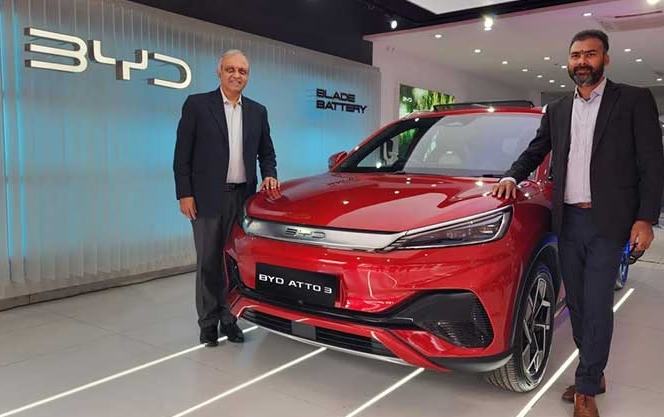

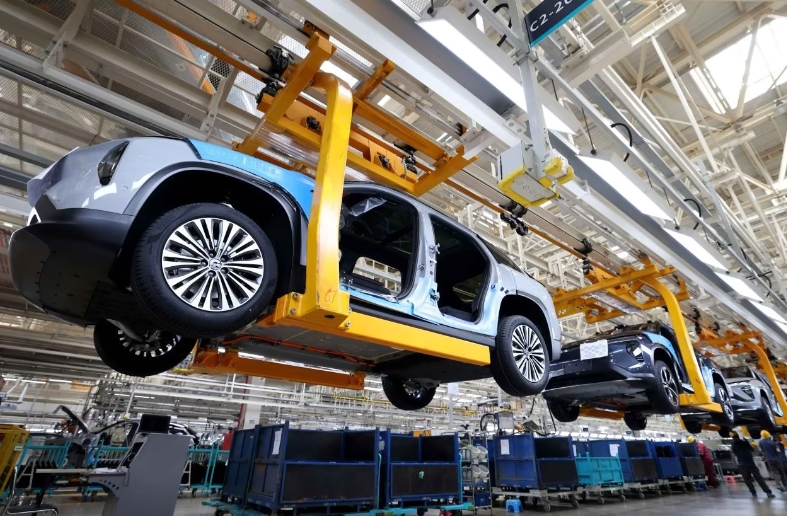
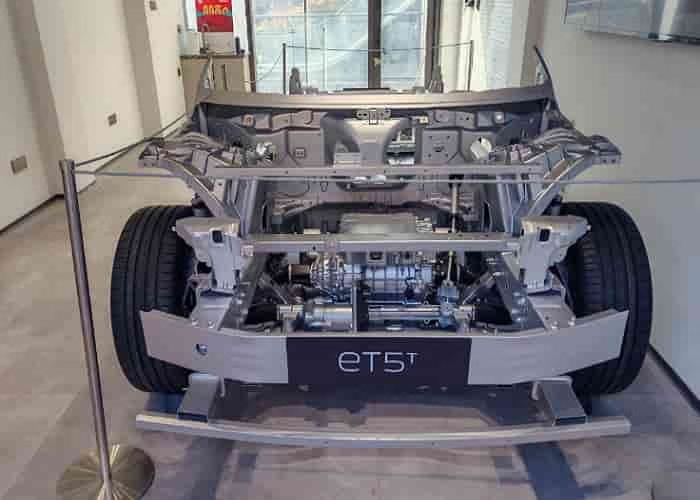
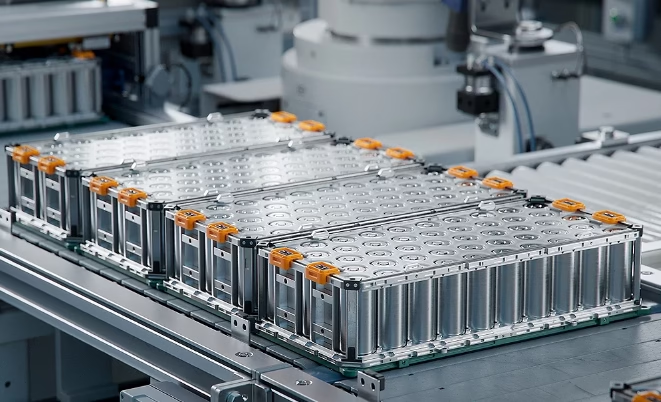
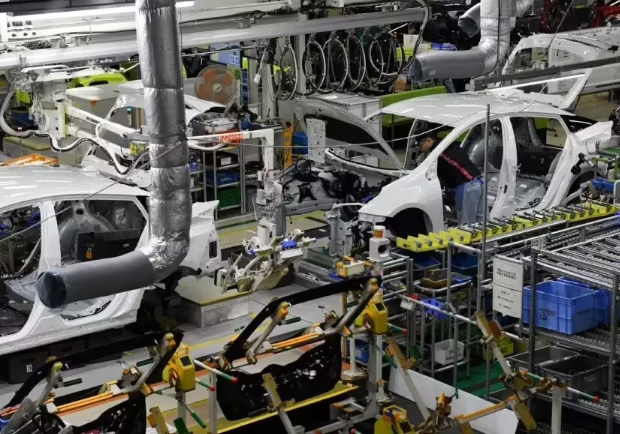
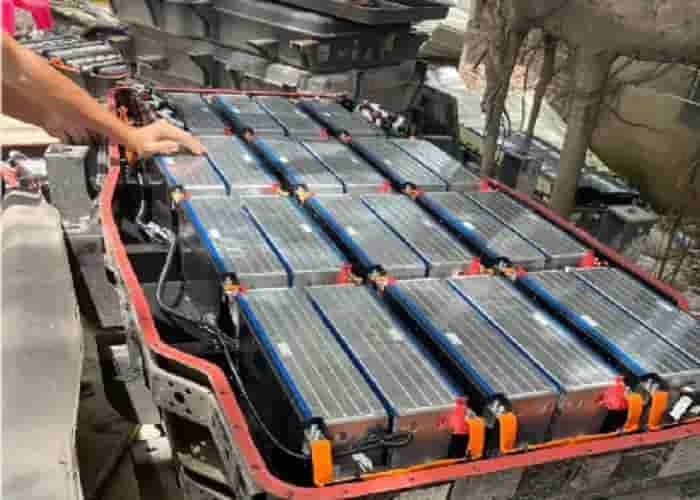
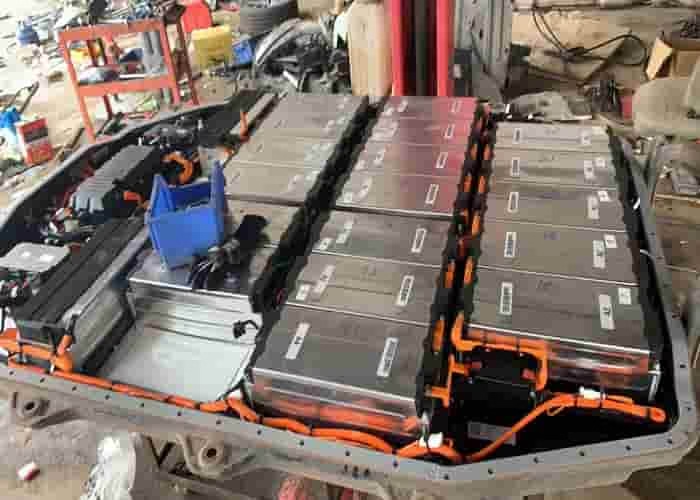

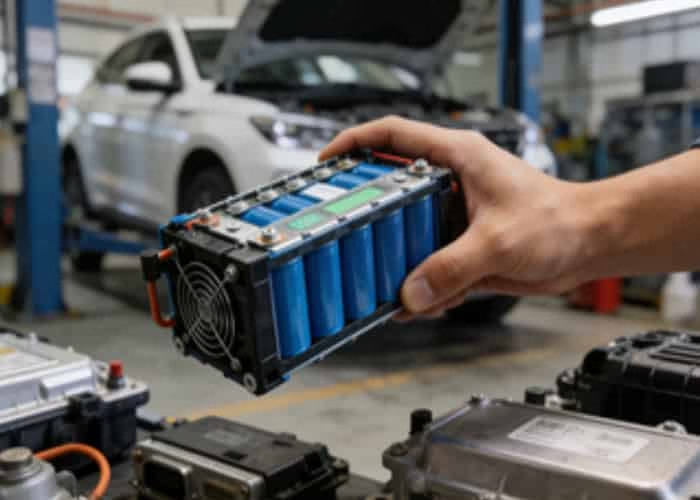
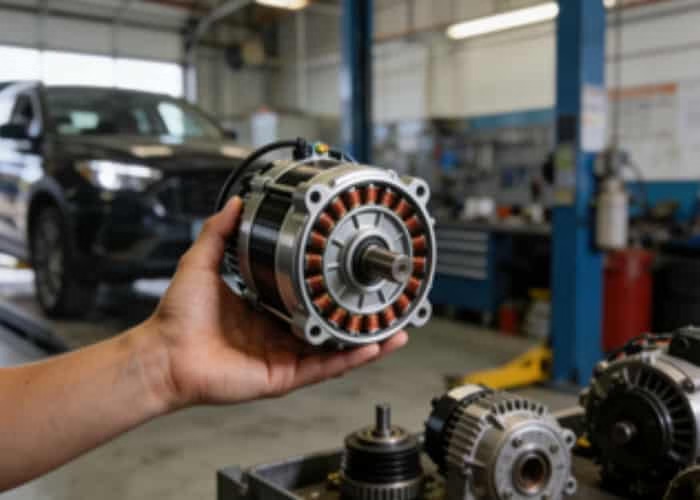

Leave a Reply